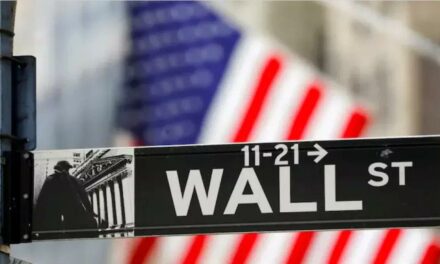Regardless of which party is going to be ahead in the upcoming US Midterm Elections, election fever has certainly had a positive impact on the country’s stock market indices.
As trading ended on Tuesday, November 8th, stocks rallied to notable gains, which extended overall wins for a third consecutive day.
The Dow Jones, in particular, was up by 1% (nearly 335 points,) rallying by over 1,150 points since Friday, November 4th. Meanwhile, the Nasdaq and S&% 500 registered respective gains of 0.5% and 0.6%.
Different stock indices in the US have been on a roll since the Labor Department released its jobs report on November 4, presenting more than just a slight reduction in unemployment, but also great gains in terms of payroll across industries.
The improved jobs report and outlook have boosted hopes that interest rate hikes by the Federal Reserve could be curbed in the near future.
Politics as a Driving Factor
Analysts note that the real driving factor for these improvements in the stock market has been politics, especially because investors predict that Republican candidates could be victorious in both the Senate and lower House, potentially wresting control of both chambers of Congress from the Democrats.
Should this come to pass, President Joe Biden and the rest of the current majority party could be looking at serious divisions within the government. In terms of business, however, investors are actually looking forward to such a gridlock.
Several sectors could be given a boost should the Republicans take hold of both Houses. It is possible that more of the national budget would go into defense, bringing in substantial investments. Infrastructure also stands to see significant investments as it is one sector that the President and the Republicans agree upon. As a result, sectors like utilities, construction, and real estate all stand to grow.
However, other sectors that could be poised for growth remain unclear at this point in time.
In addition, financial analysts continue to point out that, throughout history, stocks often rally in the wake of an election, regardless of who’s incumbent or who comes into power. Likewise, stocks are not significantly affected by whichever party comes into power in either the White House or Congress. Investors, according to many analysts, are more focused on corporate earnings, economic data, and the highs and lows of interest rates.















